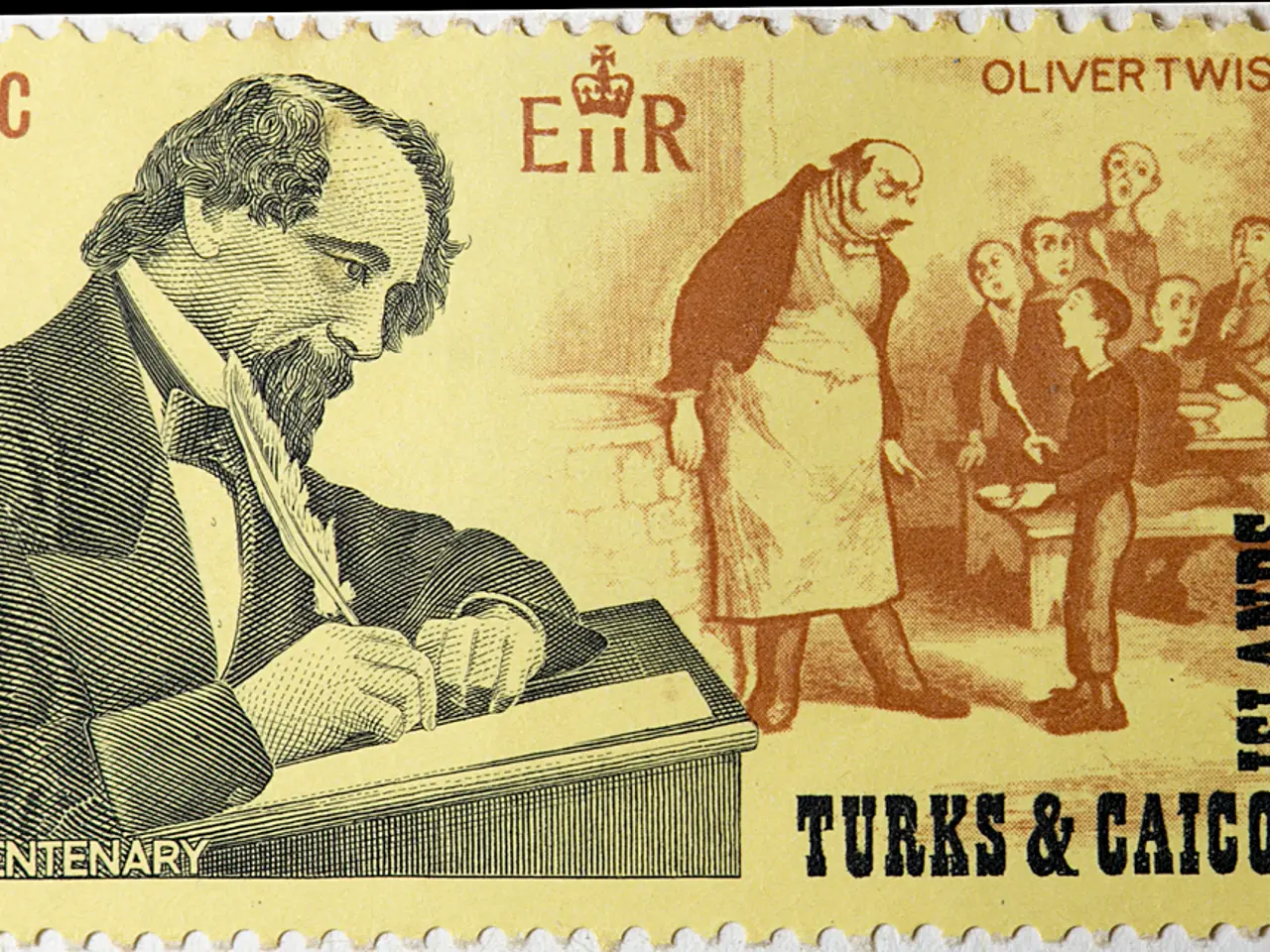UK Homebuyers Scramble to Beat Stamp Duty Hike
Revenue from stamp duty amounted to £1.4 billion prior to the March 30th cutoff, causing an increase in voices advocating for its abolition.
In an overwhelming surge, UK homebuyers wasted no time forking over a staggering £1.4 billion in stamp duty in March 2025. HMRC figures reveal a 34% jump from February, and a whopping 63% increase compared to the previous year. This frenzy resulted from homeowners rushing to finalize transactions before steep tax hikes set for April.
Stamp Duty Melee
Homebuyers raced to beat the April 1st deadline as tax thresholds reverted to pre-2022 levels. The significant rise was due to the reversion of stamp duty thresholds. For home movers, the nil-rate band shrank from £250,000 to £125,000, boosting the tax on an average-priced home in England from £2,082 to £4,582.
First-time buyers saw their relief threshold plummet from £425,000 to £300,000, and the maximum property value eligible for relief reduced from £625,000 to £500,000.
Rightmove's property guru, Tim Bannister, warned: "With the threshold for the nil rate on stamp duty land tax dropping from £250,000 to £125,000, anyone purchasing a property over this amount could face paying up to £2,500 more."
Worst Affected: First-time Buyers and Londoners
The shift has had a severe impact on first-time buyers, especially in expensive areas like London. In London, those hoping to buy a home without incurring stamp duty should find fewer than one in ten properties, a stark contrast to the present quarter.
Bannister emphasized, "Reducing the threshold to £300,000 will only make 37% of homes stamp duty-free, down 21% from current levels. This will disproportionately affect those in areas with higher property prices, such as London and the South East."
Housing Market Post-Deadline
Now that the stamp duty thresholds have returned, the property market may experience a temporary slowdown as buyers wrestle with the increased tax burden. The long-term implications will depend on factors such as interest rates, housing supply, and broader economic conditions.
Financial advisors and conveyancing professionals are recommended to help buyers navigate the new tax landscape effectively.
Calls for Stamp Duty Reforms: Economists and Experts
The rising stamp duty tax has renewed discussions among economists and housing experts regarding the need for reform or elimination of stamp duty due to its poor design and detrimental impact on the housing market.
The Institute for Fiscal Studies (IFS) describes it as "one of the worst designed and most damaging of all taxes," with director Paul Johnson adding that it "helps to gum up the entire property market." This view is backed by research, showing that one in four homebuyers have been pushed out of the market due to stamp duty.
Reform proposals include land value taxation, with Carol Wilcox, Secretary of the Labour Land Campaign, suggesting this method could "lower land and house prices while raising substantial revenue for local authorities."
Economist Stuart Adam argues that stamp duty "defies the most basic of economic principles" and should be abolished. Industry experts like Mark Bogard, Chief Executive of the Family Building Society, label stamp duty as "suffocating the housing market," while Professor Christine Whitehead, Emeritus Professor of Housing Economics, describes it as an "increasingly heavy tax on housing transactions."
For now, stamp duty remains in the picture for those buying or selling a house.
- To manage the increased tax burden from the stamp duty hike, financial advisors and conveyancing professionals are recommended as valuable guides for buyers navigating the new tax landscape.
- In an attempt to lessen the impact on the housing market, calls for stamp duty reforms or elimination have been raised by economists and housing experts, citing its poor design and damaging effects.
- With the return of stricter stamp duty thresholds, the home extension and home lighting businesses may observe a short-term slowdown, as buyers work to allocate their investments more cautiously due to the higher tax costs.
- Investors in the real-estate business are advised to consider recent changes in stamp duty when designing their future financial plans and building strategies, as the impact on the housing market unfolds.
- As the housing market evolves post-stamp duty deadline, the extension of existing homes could become more attractive for homeowners, as they seek to avoid the added tax burden associated with moving to a new property.





